Intro
Pregnancy is a critical period in a woman's life, and it's essential to maintain a healthy diet to ensure the well-being of both the mother and the baby. While it's crucial to consume a balanced diet rich in essential nutrients, there are certain foods that pregnant women should avoid or limit their intake of. These foods can pose a risk to the health of the mother and the developing fetus, and it's vital to be aware of them to make informed choices.
A healthy pregnancy diet should include a variety of foods from all food groups, including fruits, vegetables, whole grains, lean proteins, and healthy fats. However, some foods can contain harmful bacteria, toxins, or other substances that can harm the baby or cause complications during pregnancy. By understanding which foods to avoid, pregnant women can reduce the risk of foodborne illnesses and ensure a healthy pregnancy.
Pregnant women should be aware of the potential risks associated with certain foods and take steps to minimize their exposure. This includes avoiding undercooked or raw meat, poultry, and seafood, as well as limiting their intake of processed and high-mercury foods. Additionally, pregnant women should stay hydrated by drinking plenty of water and limit their consumption of sugary drinks and caffeine.
Introduction to Pregnancy Diet
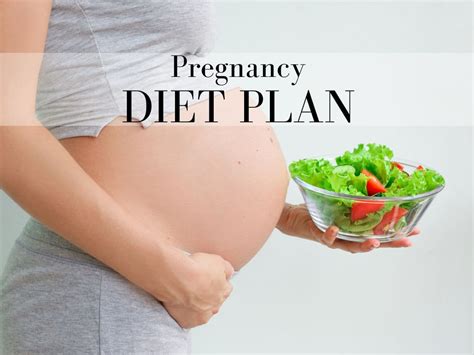
Importance of Nutrition During Pregnancy
Proper nutrition during pregnancy is crucial for the health and development of the fetus. A well-planned diet can help support the growth of the baby's brain, bones, and organs, as well as reduce the risk of pregnancy complications. Pregnant women should aim to consume a variety of foods from all food groups to ensure they are getting all the necessary nutrients. This includes:- Fruits and vegetables: rich in vitamins, minerals, and antioxidants
- Whole grains: rich in fiber, vitamins, and minerals
- Lean proteins: essential for fetal growth and development
- Healthy fats: support fetal brain and eye development
Foods to Avoid During Pregnancy
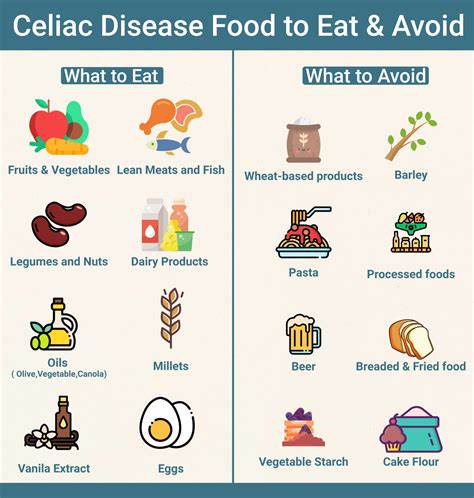
- Undercooked or raw meat, poultry, and seafood: can contain harmful bacteria like Salmonella and E. coli
- High-mercury fish: can contain toxic mercury that can harm fetal brain development
- Processed and packaged foods: can contain high levels of sodium, sugar, and unhealthy fats
- Unpasteurized dairy products: can contain harmful bacteria like Listeria
- Excessive caffeine: can increase the risk of miscarriage and low birth weight
Foodborne Illnesses During Pregnancy
Foodborne illnesses can be particularly problematic during pregnancy, as they can increase the risk of complications and harm the developing fetus. Pregnant women should take steps to minimize their risk of foodborne illnesses, including:- Handling and storing food safely
- Cooking food to the recommended internal temperature
- Avoiding undercooked or raw meat, poultry, and seafood
- Washing hands frequently, especially after handling raw foods
Safe Foods During Pregnancy
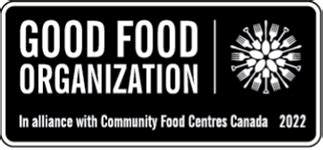
- Fresh fruits and vegetables
- Whole grains, such as brown rice and quinoa
- Lean proteins, such as chicken and fish
- Healthy fats, such as avocado and nuts
- Low-mercury fish, such as salmon and sardines
Nutrient-Dense Foods During Pregnancy
Nutrient-dense foods are essential during pregnancy, as they provide the necessary nutrients for fetal growth and development. Some of the nutrient-dense foods to include in a pregnancy diet are:- Leafy greens, such as spinach and kale: rich in iron and folate
- Berries, such as blueberries and strawberries: rich in antioxidants and vitamins
- Nuts and seeds, such as almonds and chia seeds: rich in healthy fats and protein
- Fatty fish, such as salmon and sardines: rich in omega-3 fatty acids
Pregnancy Nutrition Tips
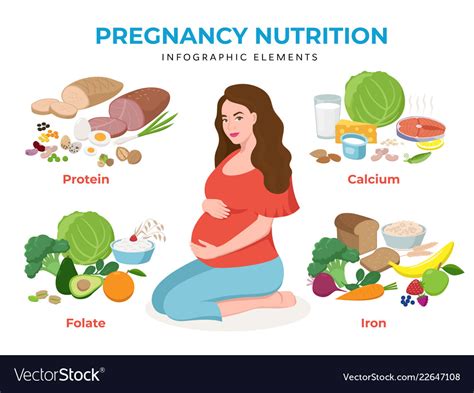
- Eating a variety of foods from all food groups
- Taking a prenatal vitamin to supplement the diet
- Staying hydrated by drinking plenty of water
- Limiting intake of sugary drinks and caffeine
- Avoiding undercooked or raw meat, poultry, and seafood
Pregnancy Meal Planning
Pregnancy meal planning can help ensure that pregnant women are getting the necessary nutrients for a healthy pregnancy. Some of the tips for pregnancy meal planning include:- Planning meals in advance to ensure a balanced diet
- Shopping for fresh and whole foods
- Cooking meals at home to control ingredients and portion sizes
- Avoiding processed and packaged foods
- Including a variety of foods from all food groups
Common Pregnancy Cravings
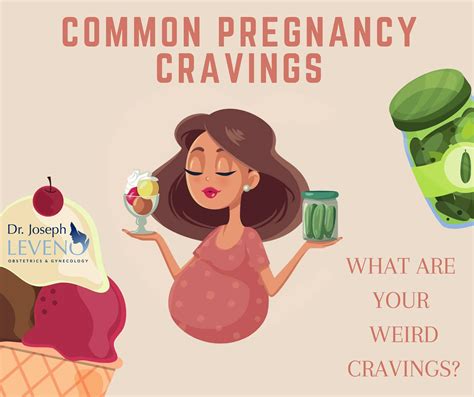
- Ice cream and other sweet treats
- Pickles and other sour foods
- Chips and other salty snacks
- Fresh fruits and vegetables
- Nuts and seeds
Healthy Snacking During Pregnancy
Healthy snacking is essential during pregnancy, as it can help manage cravings and provide necessary nutrients. Some of the healthy snacking options during pregnancy include:- Fresh fruits and vegetables
- Nuts and seeds
- Yogurt and other dairy products
- Whole grain crackers and other complex carbohydrates
- Lean proteins, such as hard-boiled eggs and turkey slices
Pregnancy and Food Allergies
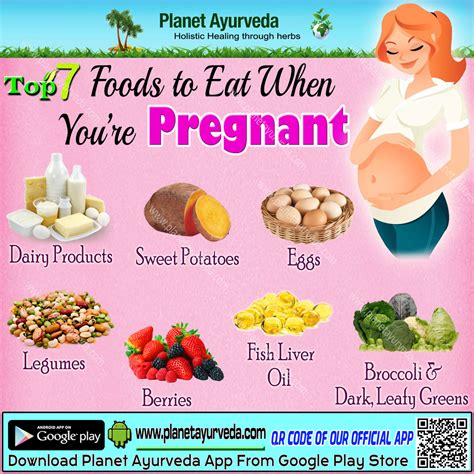
- Peanut allergy
- Tree nut allergy
- Milk allergy
- Egg allergy
- Wheat allergy
Managing Food Allergies During Pregnancy
Managing food allergies during pregnancy requires careful planning and attention to food labels. Some of the tips for managing food allergies during pregnancy include:- Reading food labels carefully
- Avoiding trigger foods
- Cooking meals at home to control ingredients
- Carrying an EpiPen or other emergency medication
- Informing healthcare providers of food allergies
Conclusion and Next Steps
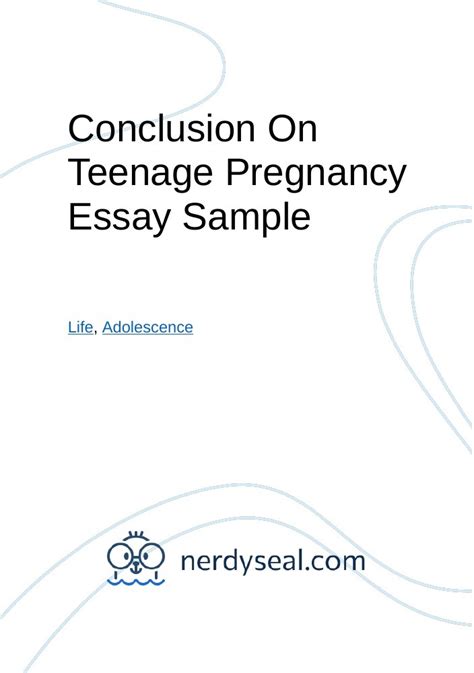
We invite you to share your thoughts and experiences with pregnancy nutrition in the comments below. If you have any questions or concerns, please don't hesitate to reach out. Additionally, we encourage you to share this article with friends and family who may be expecting or planning to become pregnant.
What foods should I avoid during pregnancy?
+During pregnancy, it's essential to avoid undercooked or raw meat, poultry, and seafood, as well as high-mercury fish, processed and packaged foods, and unpasteurized dairy products.
What are some healthy snacking options during pregnancy?
+Some healthy snacking options during pregnancy include fresh fruits and vegetables, nuts and seeds, yogurt and other dairy products, whole grain crackers, and lean proteins like hard-boiled eggs and turkey slices.
How can I manage food allergies during pregnancy?
+To manage food allergies during pregnancy, it's essential to read food labels carefully, avoid trigger foods, cook meals at home, and carry an EpiPen or other emergency medication. Informing healthcare providers of food allergies is also crucial.
